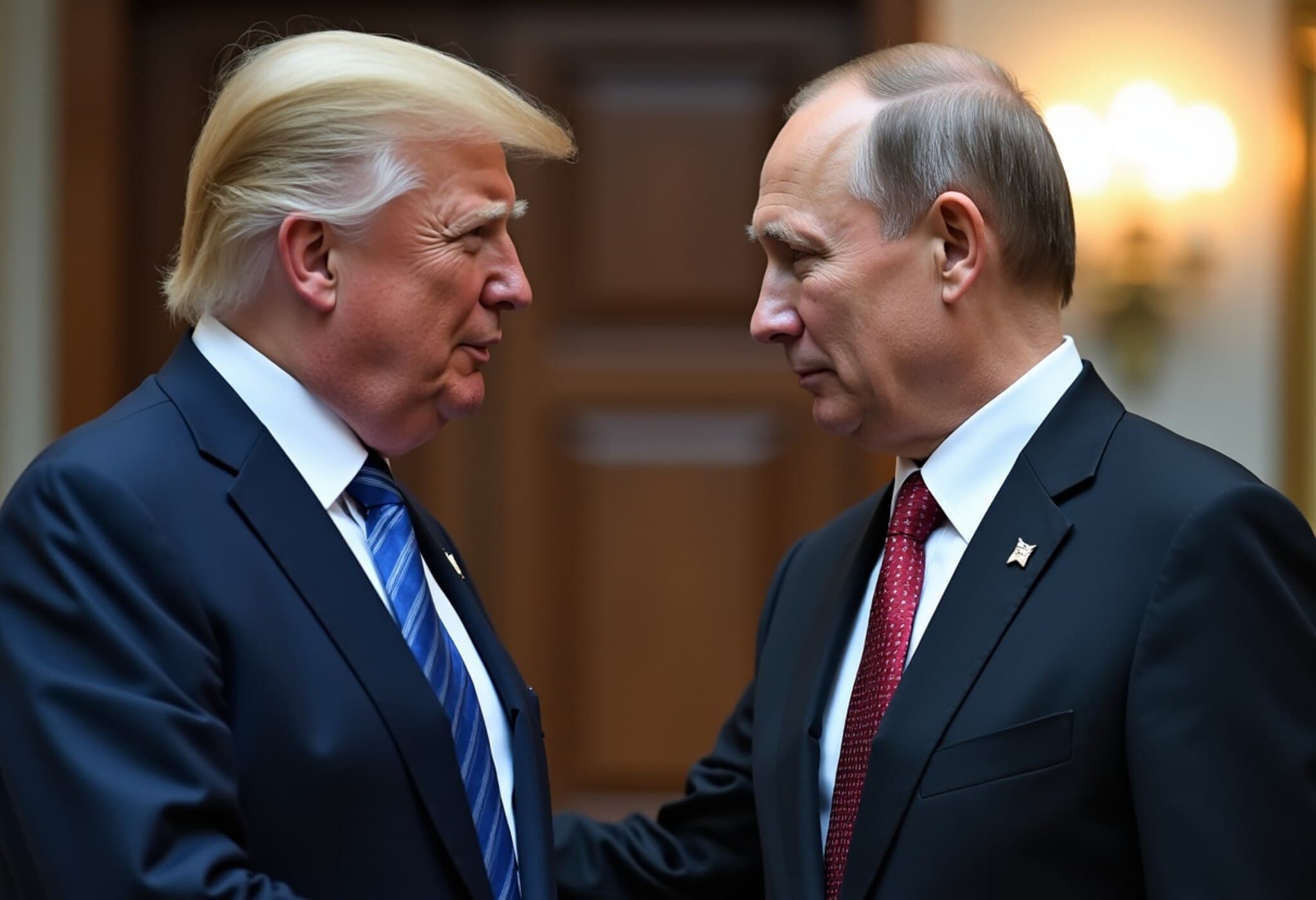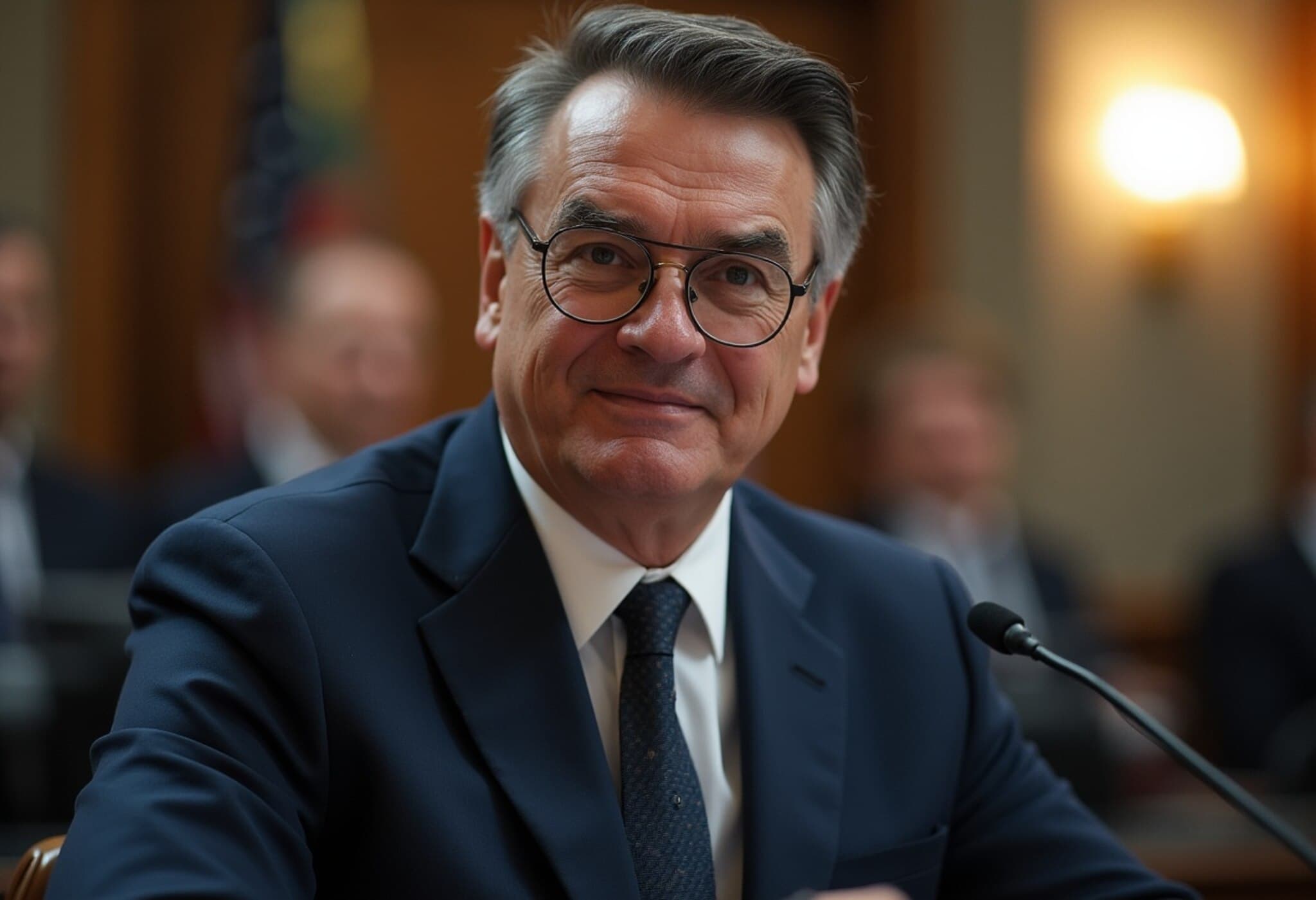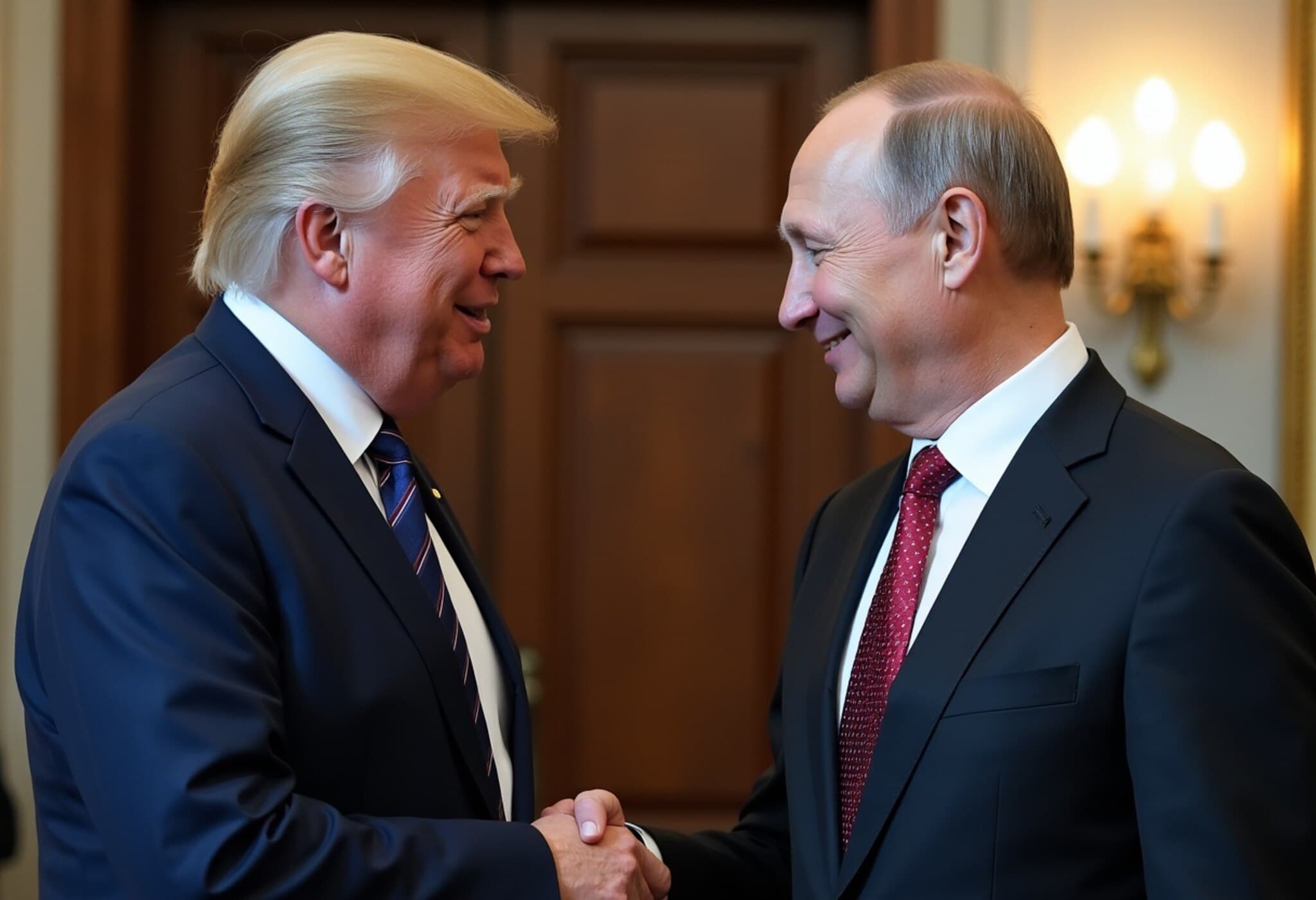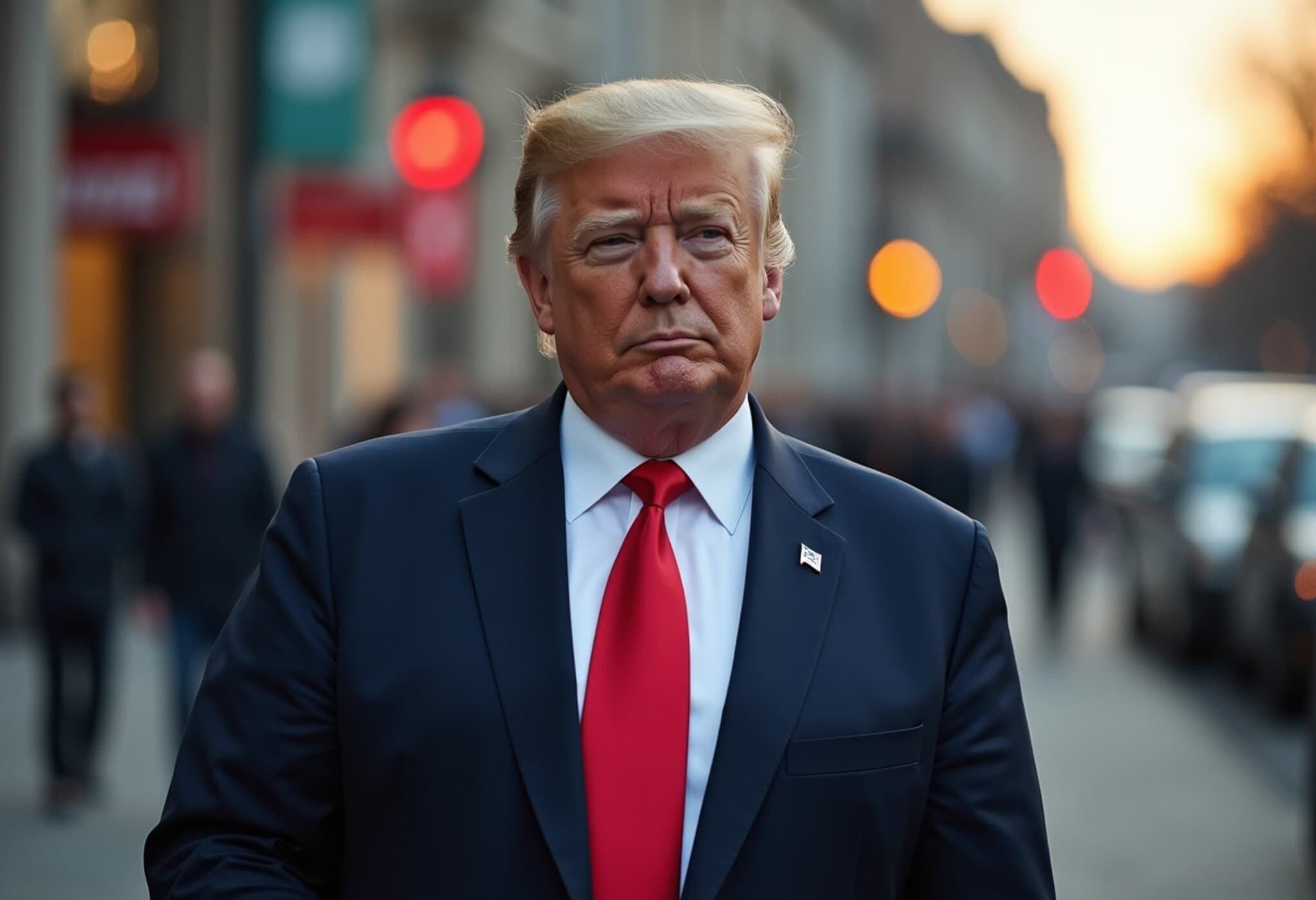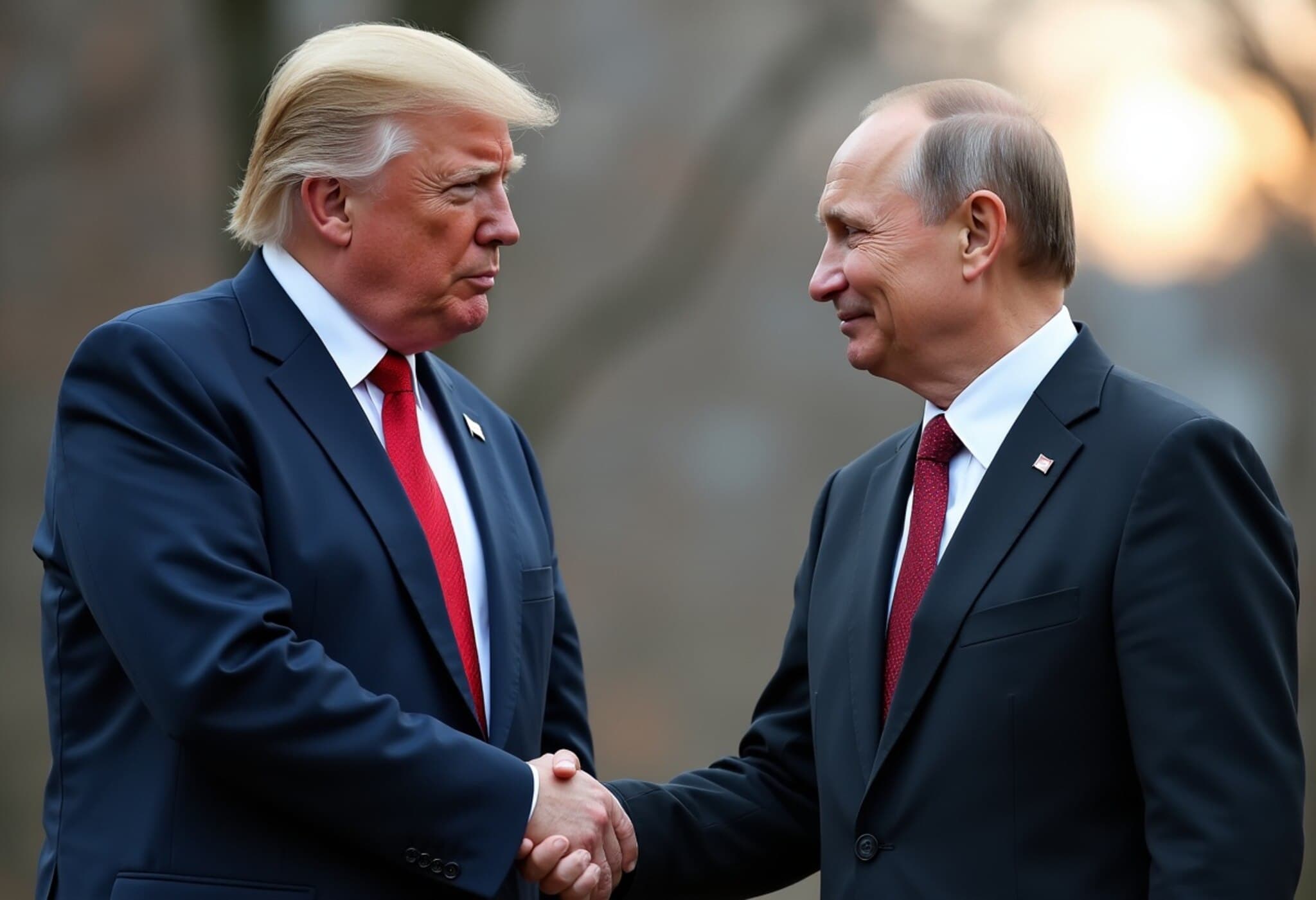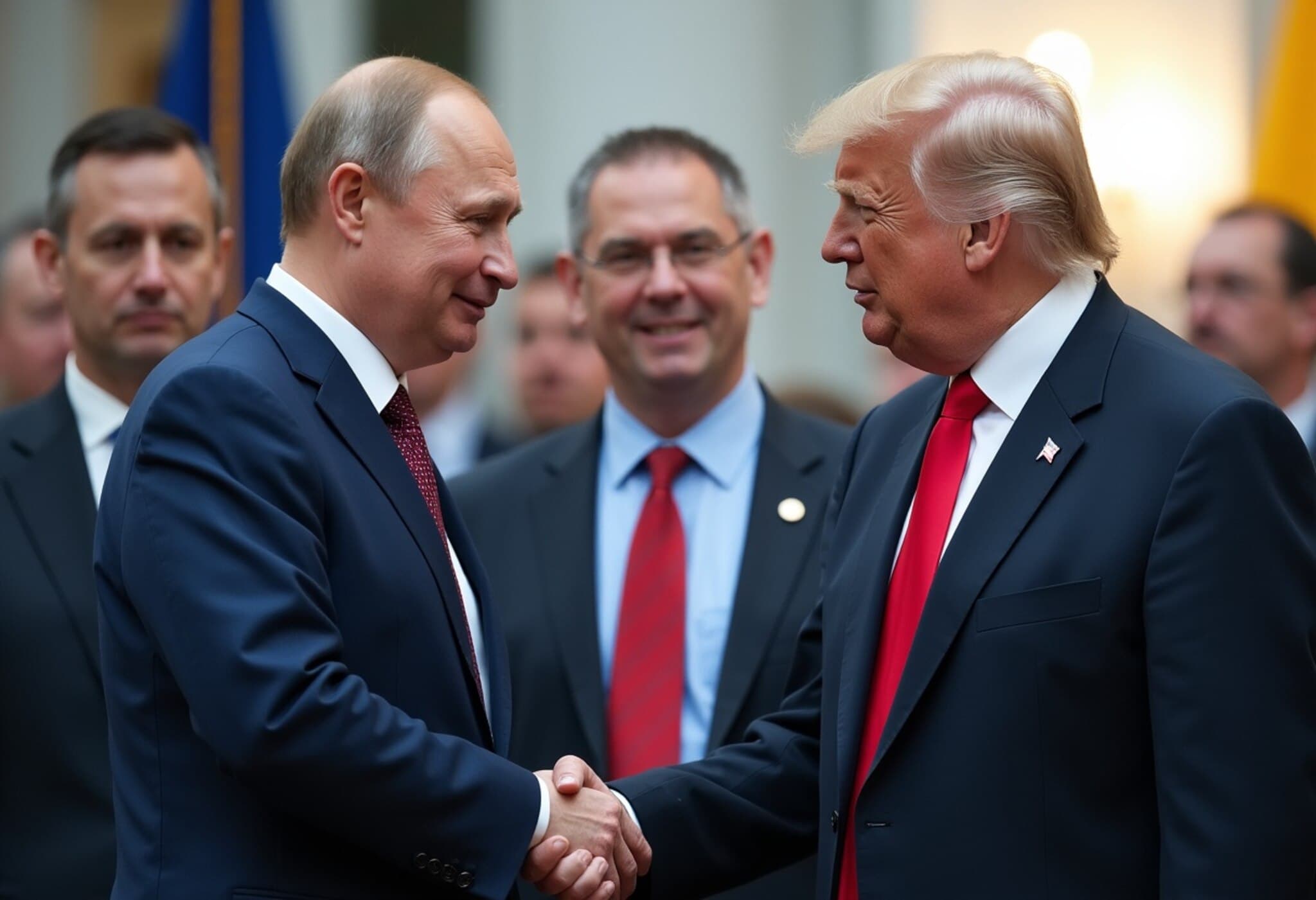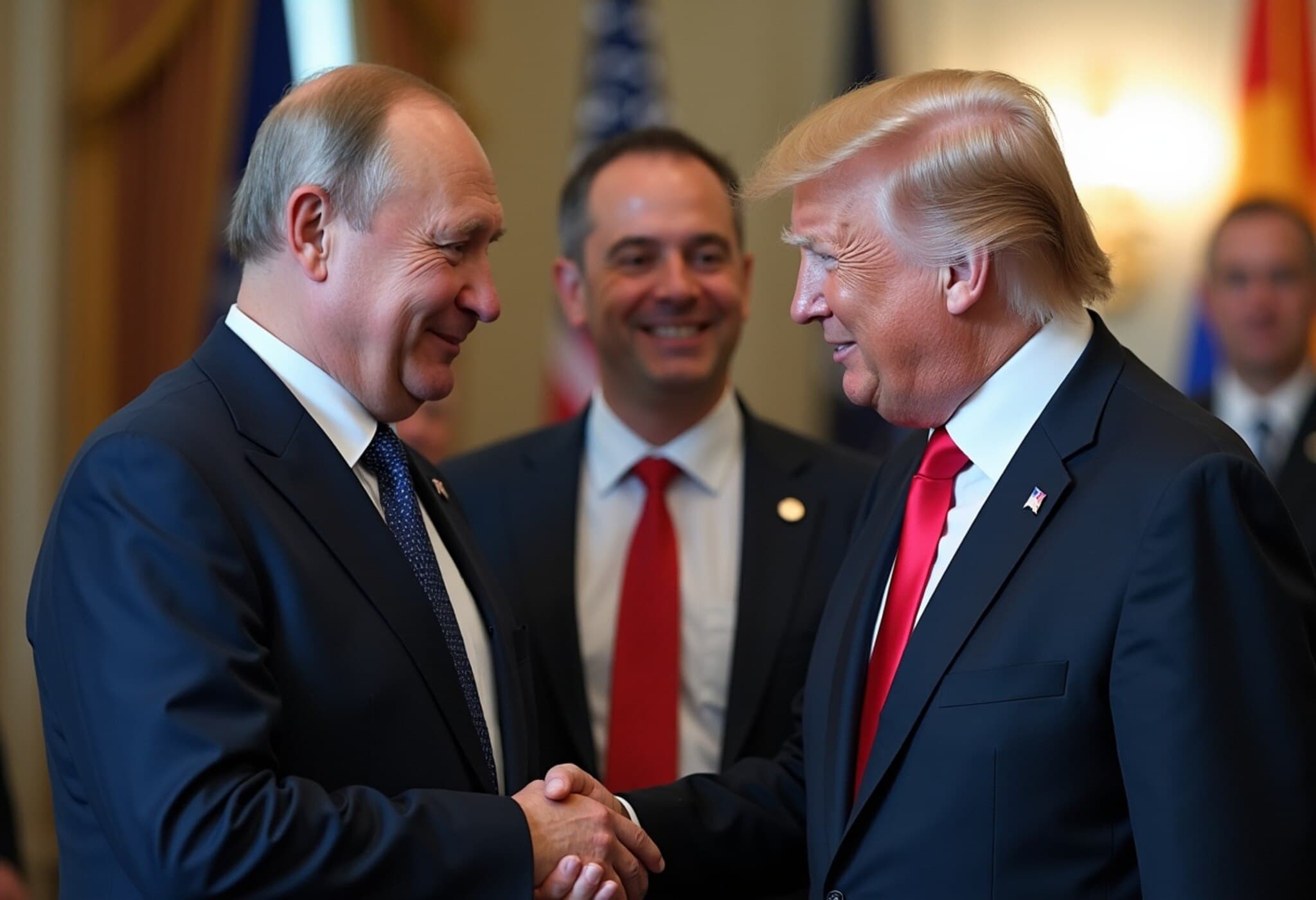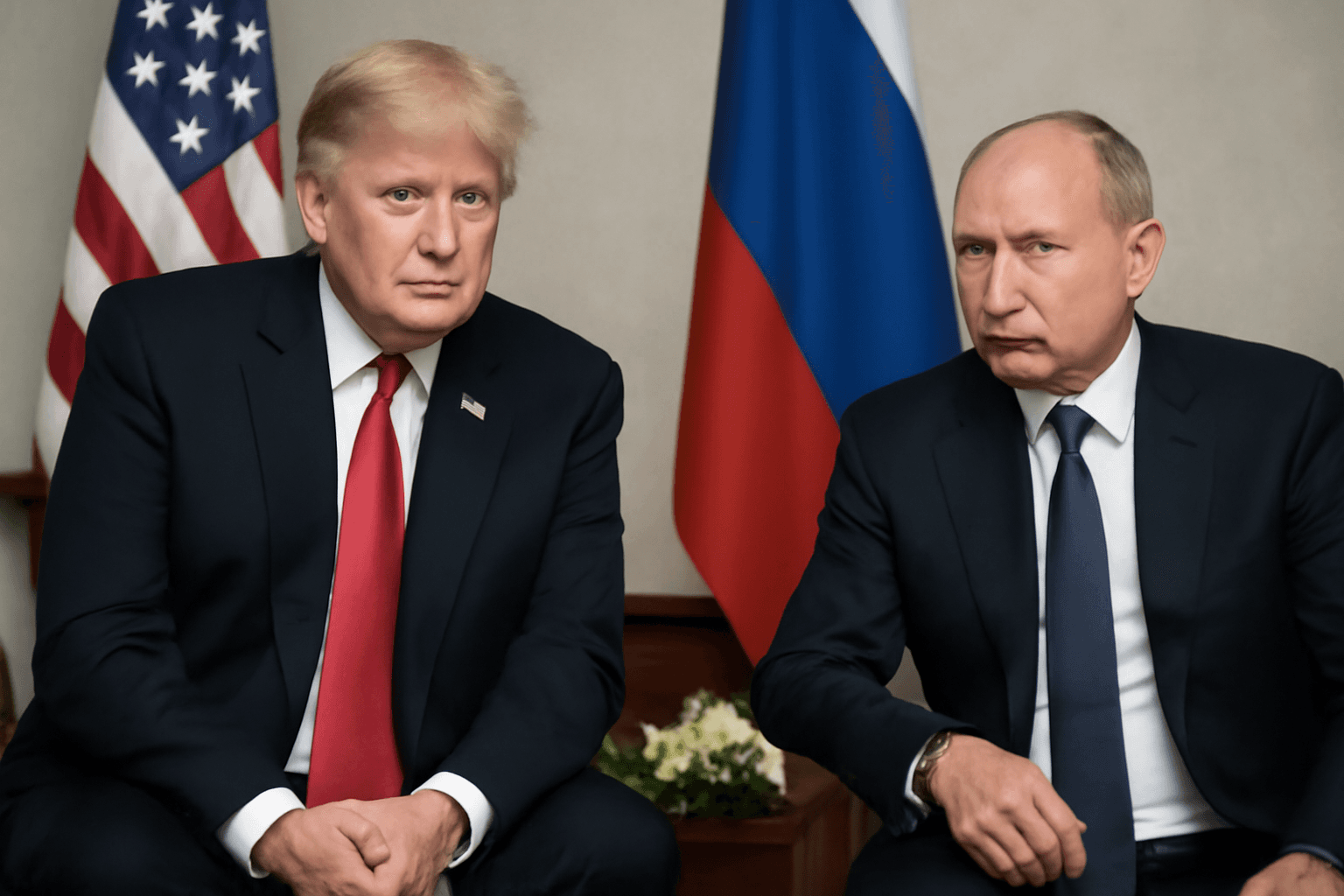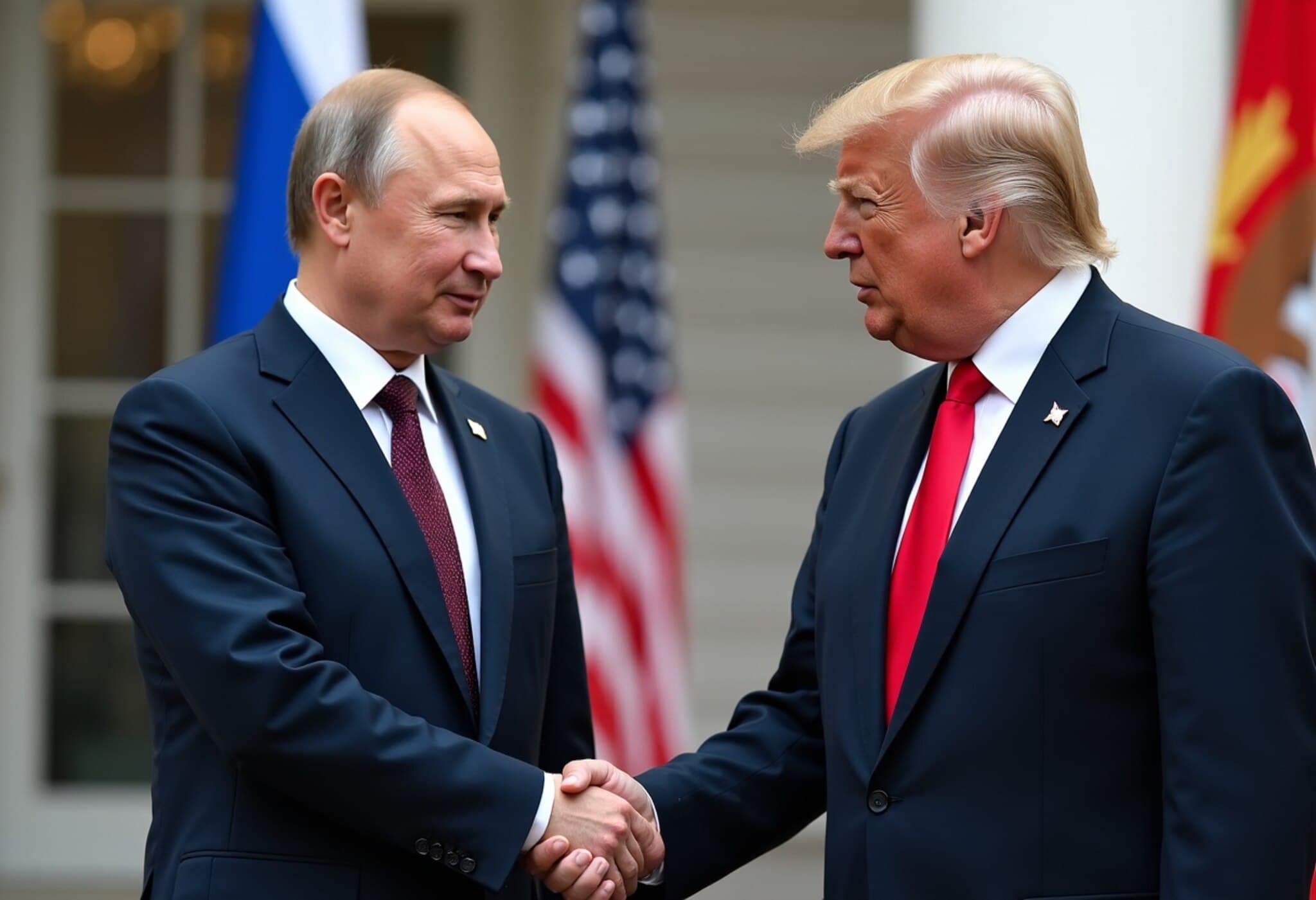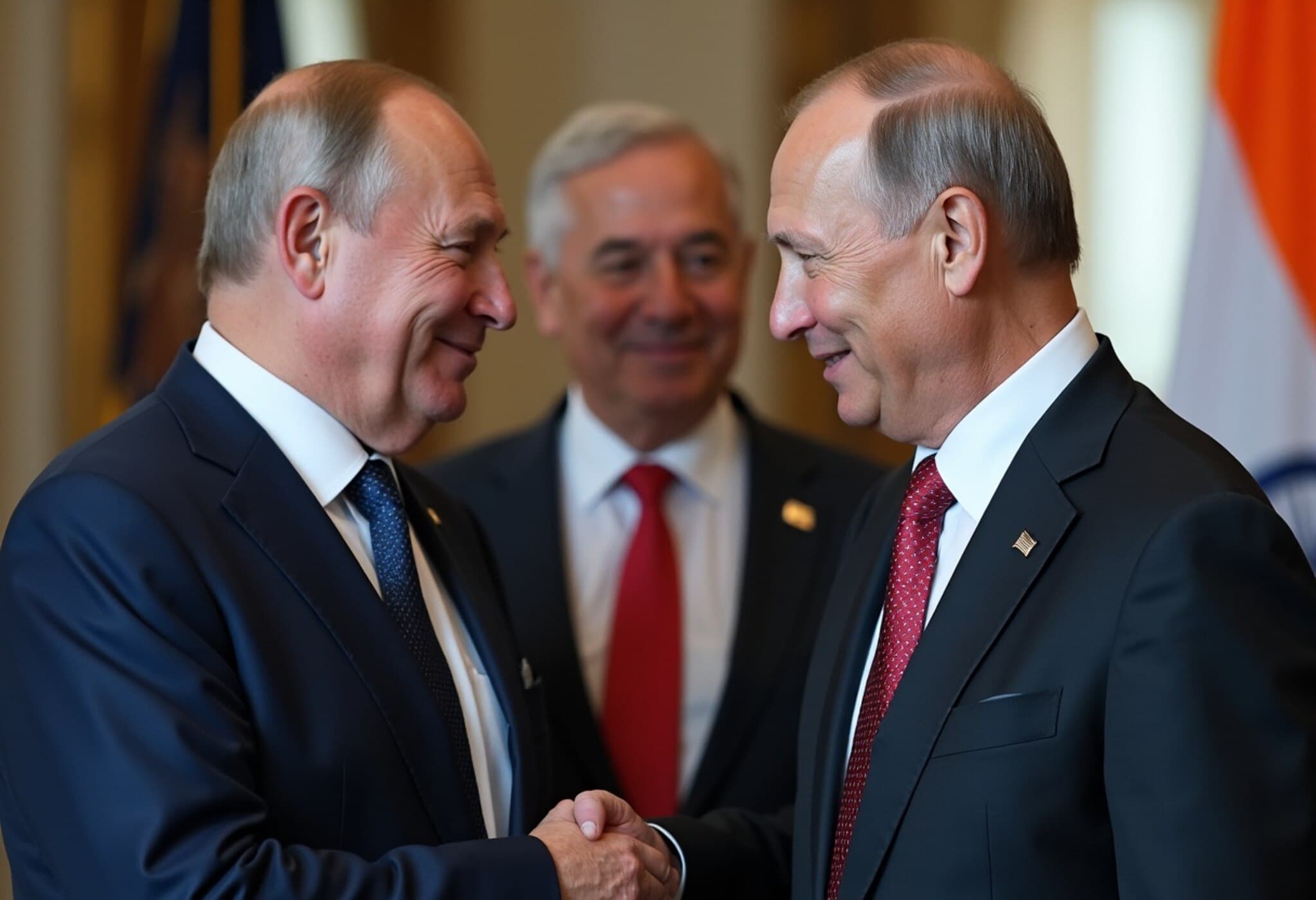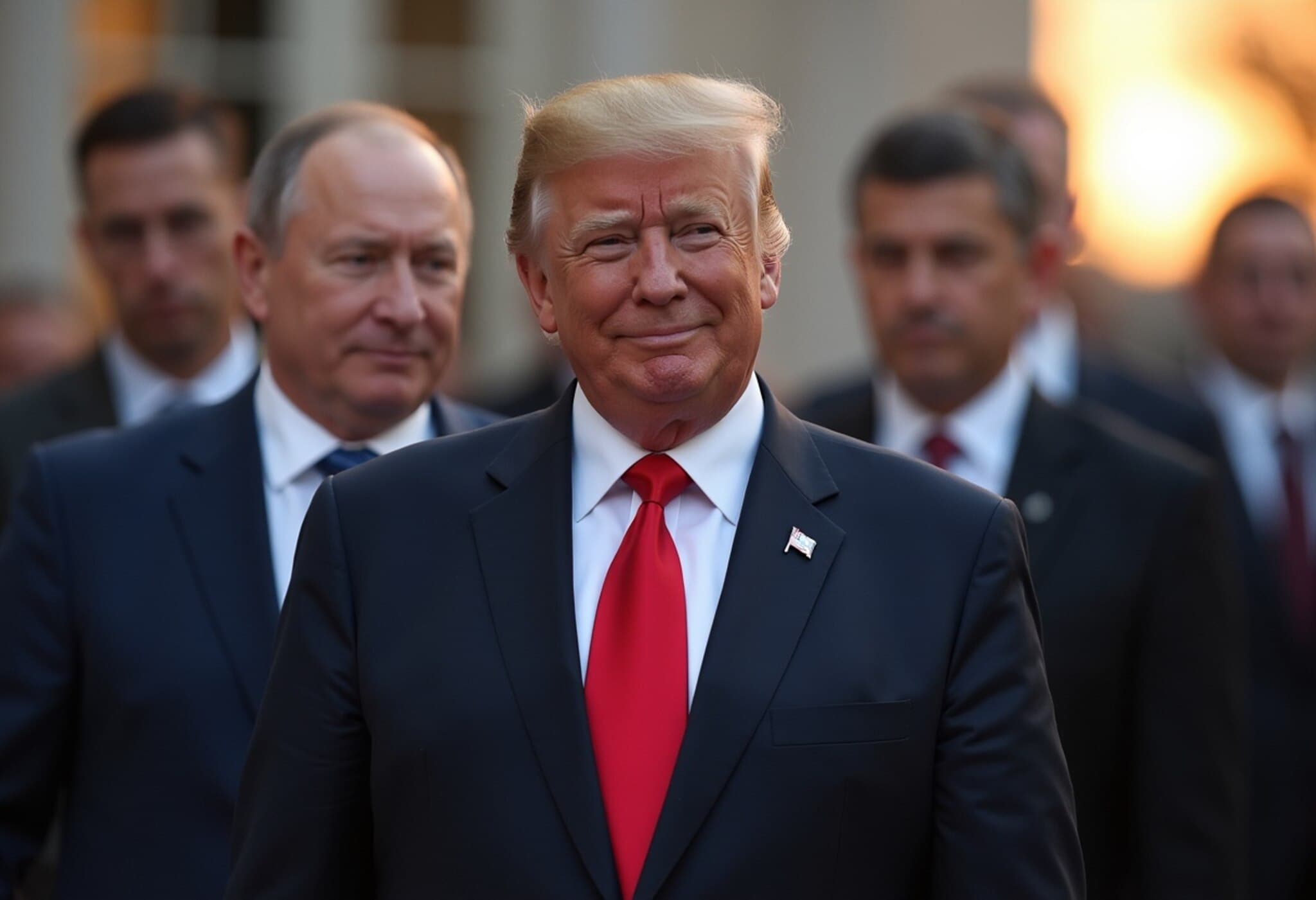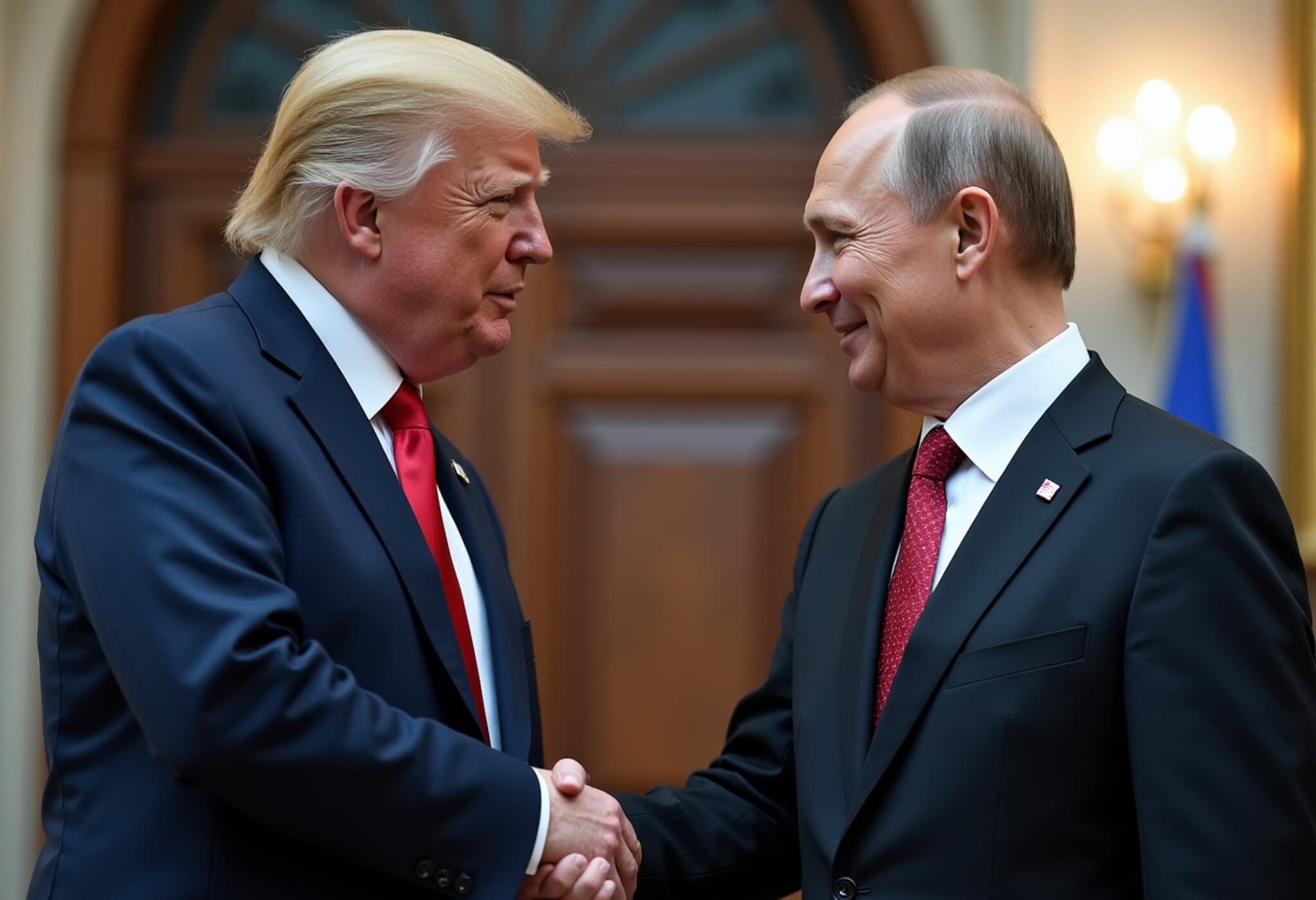Trump Signals Tough Stance on Russia-Ukraine Conflict
In a critical development ahead of this weekend's diplomatic summit, former U.S. President Donald Trump has issued a stern warning to Russian President Vladimir Putin. Trump cautioned that there would be ‘severe consequences’ if Putin fails to agree to a ceasefire and halt ongoing hostilities. This statement adds a charged layer to international efforts aimed at de-escalating the Russia-Ukraine war that has gripped global attention for years.
Context of the Upcoming Summit
The high-stakes meeting comes at a time when the conflict in Eastern Europe remains volatile, with fluctuating front lines and persistent civilian suffering. Diplomatic channels have been exploring ceasefire proposals, though skepticism remains about the chances of a swift resolution. Trump’s intervention underscores the heightened international pressure on Russia to reconsider its military strategy.
Expert Insights: What This Warning Could Mean
From a geopolitical perspective, Trump’s message serves multiple purposes:
- Signaling U.S. Resolve: Despite being out of office, Trump’s words can be seen as an attempt to influence ongoing U.S. foreign policy and assert a strong, uncompromising position against aggression.
- Impact on Putin’s Calculus: The threat of “severe consequences” may refer to amplified sanctions, military support to Ukraine, or diplomatic isolation—tools that historically have pressured Russia.
- Shaping Public and Political Opinion: Trump's vocal stance may resonate with factions advocating for a firmer approach to Russia within both U.S. political circles and allied governments.
Bridging Past and Present: The Complexity of U.S.-Russia Relations
This development is layered within a broader tapestry of complex U.S.-Russia relations, which have oscillated between cooperation and confrontation over decades. Trump's unique footprint in international politics—marked by unpredictable diplomacy and controversial rhetoric—adds an unusual dimension to this messaging.
Given the sensitivity and high stakes, questions arise about the authenticity and potential ramifications of such warnings coming from a former president outside formal government channels.
Underreported Angles and Regional Relevance
While media coverage focuses largely on the threat itself, less attention is paid to the regional actors like Ukraine and European neighbors who bear the immediate brunt of the conflict’s human toll. The perspectives and voices of these communities often remain marginalized in high-level diplomatic talks.
Additionally, the economic repercussions of prolonging the conflict—such as energy price volatility and supply chain disruptions—have tangible impacts on American households, reinforcing the urgency for clear, constructive foreign policy.
What Comes Next?
As negotiators prepare to convene, the question remains whether these warnings will translate into actionable change or further complicate diplomatic efforts. The international community watches closely, hoping for dialogue to replace discord.
Key Takeaways
- Trump’s warning amplifies pressure on Putin ahead of crucial ceasefire negotiations.
- The nature of “severe consequences” likely encompasses economic and diplomatic measures.
- Regional impacts and civilian voices remain critical but underemphasized components of the conflict.
Editor’s Note
This episode highlights the intricate dance of diplomacy, where rhetoric and reality collide. As an experienced observer of international relations, it is clear that the language leaders use can either pave the way for peace or deepen divisions. The U.S. faces a delicate balancing act: exerting pressure without alienating critical stakeholders. Readers should consider not only the headlines but also the muted stories of those on the conflict’s front lines, whose futures depend on the outcome of such high-level negotiations.

